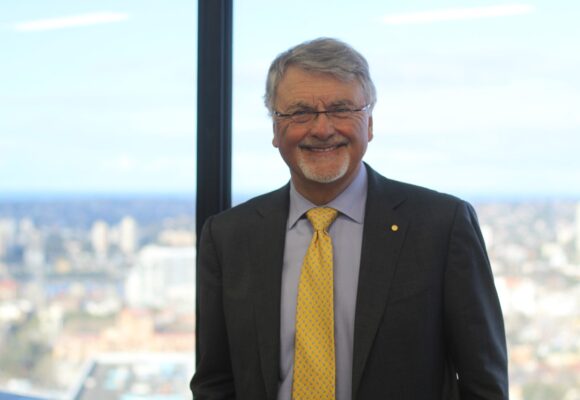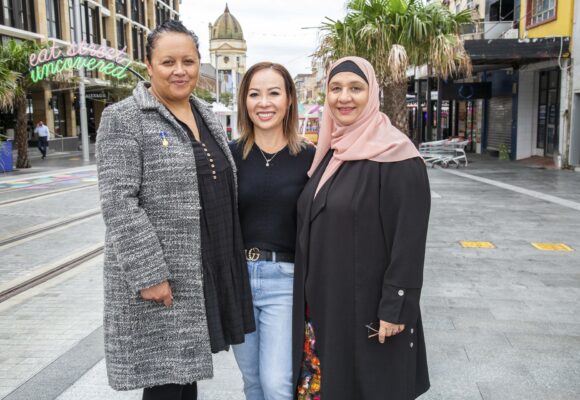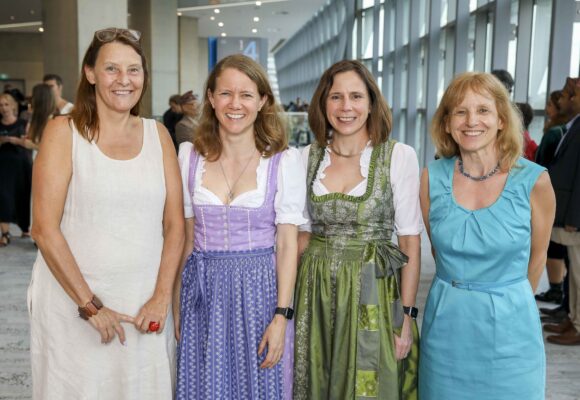Settlement in NSW
NSW has a proud history of welcoming and settling people from refugee and refugee-like backgrounds, dating back to post-war migration booms. Throughout this period, until recent times, Australia has welcomed refugees from Eastern Europe, former Yugoslavia, South and Central America, Indochina, Africa, Asia, Central Asia and the Middle East. Refugee source countries have varied, reflecting ever-changing global circumstances such as the Vietnam War in the 1970s, the first Gulf War and Balkan War in the 1990s, conflicts in Africa, Asia, and Middle East and Afghanistan throughout the 1990s, 2000s and 2010s. More recently, people have fled conflict in Syria, Iraq, Afghanistan, and Ukraine. Many of these people have made NSW their home.
NSW values people from refugee and refugee-like backgrounds as part of Australia’s historical, current and future migration. We recognise that a diverse population is a social and economic asset. Diversity builds an inclusive society, enlarges our economy and talent pool, boosts productivity and encourages innovation.
Role of the three levels of government
The Commonwealth Government has the primary policy and operational responsibility for settlement matters. This includes assessing and granting protection visas and managing on-arrival orientation and support.
The NSW Government is responsible for ensuring that state services are accessible, equitable and responsive to refugees. Local Government coordinates community, services and industry at a local level to prepare for, welcome and support new arrivals.
Role of Multicultural NSW
Multicultural NSW leads the NSW Government’s response to settlement. We work closely with the NSW Coordinator General for Settlement, all levels of government, community leaders and members, service providers, non-government organisations and the private sector to ensure resources and services are well-coordinated and relevant.
Learn more
TopLearn more about the NSW Coordinator General for Settlement and the latest settlement projects led by Multicultural NSW below.







